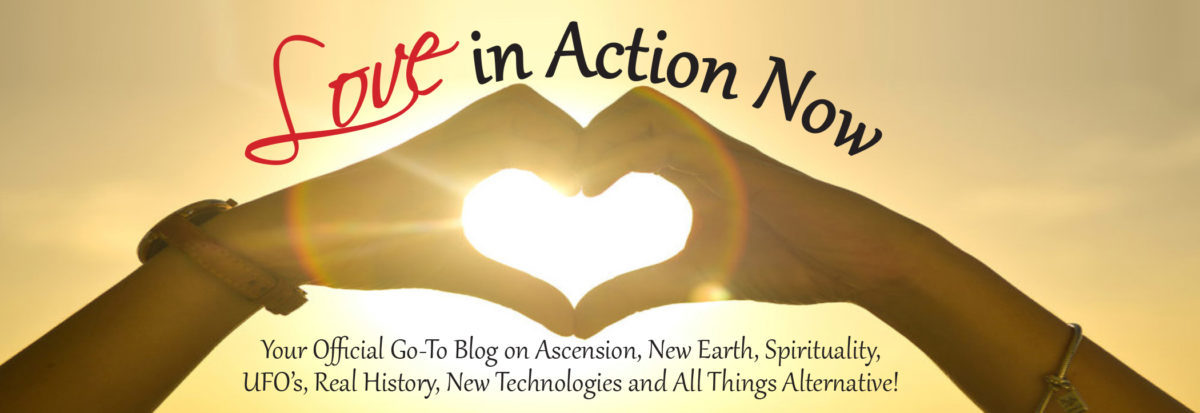Alex Pietrowski, Staff Writer
Waking Times
What does a lifelong healer and nurse do when confronted with the devastating news she has cancer?
After Marcelle Pick, an integrative OB/GYN nurse practitioner and founder of a renowned women’s clinic in Yarmouth, Maine, was diagnosed with a type of breast cancer, she had to make one of the most important decisions of her life: proceed with oncological treatment, or draw upon her knowledge and understanding of natural health to beat cancer on her own.
In 2008 she noticed a mass in one breast which proved cancerous, and even though she had extensive experience in the medical industry, she was weary of being sucked into a fear-based decision to undergo typical treatments which would certainly include radiation. Instead, she decided she would change her body in such a way that it simply would not recognize the cancer anymore.
In a recent interview with cancer survivor Chris Wark of Chris Beat Cancer, Marcelle speaks at length about the nature of cancer and the amalgam of factors and choices that contribute to the risk of developing cancer and the ability to survive it. In particular, she speaks a great deal about how diet, lifestyle and stress affect human physiology, but are rarely if ever discussed by oncologists.
“The patient goes to the doctor and more often than not, they are not given any tools to go home and change their life. There isn’t even a conversation about how are you living, what does your life look like, what does your diet look like, tell me about you work, tell me about your stress. None of those conversations are happening.
What essentially happens in the patient gives all of their power to the doctor or practitioner, and the practitioner says, you’re sick, but it’s nothing you did, you had nothing to do with it, it’s just either bad luck or bad genes. Because nothing you did contributed to your situation, nothing you do can make any difference, so you just go home and keep living the life your’e living and we’ll do the best we can for you.” ~Chris Wark
Seeking to address the root cause of cancer, rather than treat it by doing further harm to the body with chemotherapy and radiation, Marcelle explains that there is already a huge and ever-growing body of evidence showing how personal choices can make all the difference in the world.
Also noting that sugar is one of the most problematic foods with cancer, she addresses the importance of making dietary changes, and gives insight into how the many stressors in modern life affect cancer recovery.
“If we think for once that stress isn’t impacting our physiology and increasing our risk for cancer – we’re crazy!” ~Marcell Pick, author of The Core Balance Diet
Contrary to what some believe, Chris and Marcelle make the argument that the emerging field of epigenetics, which studies gene expression, gives us insight into how diet. lifestyle and environment play a critical, yet under-appreciated role in determining our fate, and that our personal choices are much more influential than genetics when determining risk for cancer.
In the following interview, Chris Wark and Marcelle Pick discuss her inspiring journey, a conversation worthy of a listen for anyone who is looking for a better understanding of health in general, and especially for those facing the challenge of cancer.
Watch the full interview, here.
Read more articles by Alex Pietrowski.
About the Author
Alex Pietrowski is an artist and writer concerned with preserving good health and the basic freedom to enjoy a healthy lifestyle. He is a staff writer for WakingTimes.com and Offgrid Outpost, a provider of storable food and emergency kits. Alex is an avid student of Yoga and life.
This article (Respected Nurse Shuns Oncology and Radiation to Survive Breast Cancer) was originally created and published by Waking Times and is published here under a Creative Commons license with attribution to Alex Pietrowski and WakingTimes.com. It may be re-posted freely with proper attribution, author bio, and this copyright statement.
Disclaimer: This article is not intended to provide medical advice, diagnosis or treatment. Views expressed here do not necessarily reflect those of WakingTimes or its staff.
